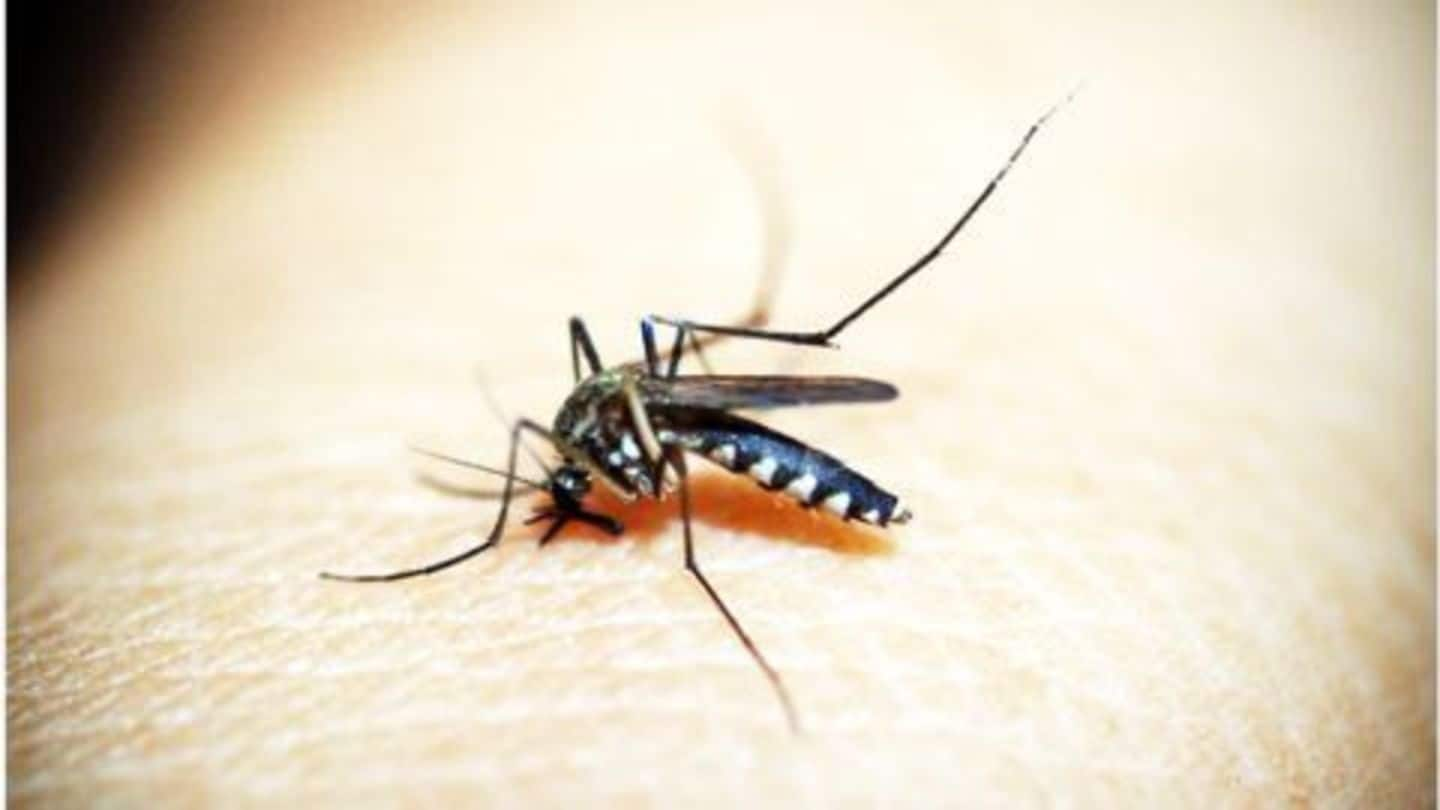
India needs $18 billion to eliminate malaria by 2030
What's the story
India reportedly has the highest malaria burden outside Africa and needs an $18 billion investment to achieve the 2030 deadline to eliminate the disease. Severe malaria outbreaks aggravated by poor sanitation and drainage in India underline a growing need for financial commitment to deal with the menace. It is estimated that the malaria menace inflicts about Rs.13,520 crore ($2 billion) annually in socioeconomic losses.
Malaria Cases
Malaria cases declined 50% between 2000 and 2014
The World Health Organization, India's Health Ministry, malaria awareness groups, and philanthropists recently met to consider strategies to combat malaria. The need for more investment comes even though statistics show India witnessed a decline in malaria cases and deaths. Malaria cases fell almost 50% between 2000 and 2014, from 20 lakh to 11 lakh; till Sep'16, 7.5 lakh cases, and 188 deaths were recorded.
Quote
Bill & Melinda Gates Foundation, India's malaria programme's philanthropic funder
Bruno Moonen, Bill & Melinda Gates Foundation's Deputy Director (Malaria), said: "The decline in the number of malaria cases in India is an indication for funding agencies and, more importantly, for the government to keep up the momentum because this is the most crucial stage."
Investments
$18bn required for implementing National Framework for Malaria
According to government estimates, about $18bn would be required for the National Framework for Malaria Elimination, including health-care infrastructure development in rural areas, and improving basic sanitation and sewage infrastructure in urban areas. It includes medicine distribution, hygiene and sanitation improvement in rural areas, deploying health-care workers, disease surveillance, creating awareness, R&D, etc. Moonen stated, "Emerging resistance will require continuous investments in R&D."
Data
India accounts for 70% of the malaria cases
The magnitude of India's battle against malaria is reflected by the fact that India accounts nearly for 70% of the malaria cases in the WHO-classified Southeast Asia region, including Nepal, Bangladesh, Indonesia, Thailand, and Sri Lanka among others.
Funding
Malaria fight needs philanthropic investment
Maurizio Vecchione, Senior Vice-President of Global Good and Research (a malaria-fighting organization), said, "Malaria fight is a collaborative fight and needs philanthropic investment to drive invention." Global Fund and the health ministry primarily fund India's malaria programme. Global Fund gave India's national vector programme a three-year-grant of Rs.706 crore in 2015 to fight malaria. The Centre reportedly allocates about Rs.304 crore every year.
Indian States
Punjab, the first malaria-free state
The government identified 40 districts in India that account for 80% of the malaria cases. There are 15 low, and 11 moderate burden states targeted for elimination by 2022. Punjab is the first state to be malaria-free with only 596 cases in 2015. Tamil Nadu also achieved a 60% decrease since 2011 in malaria cases despite its hot and humid weather.
Quote
University of California's Global Health Group Director's statement
Richard Feachem said, "India's recent success in eliminating polio shows what can be done when political commitment is strong. With vigorous action in the low-burden states, and renewed efforts in all states, India can reach the historic goal of malaria-freedom by 2030."